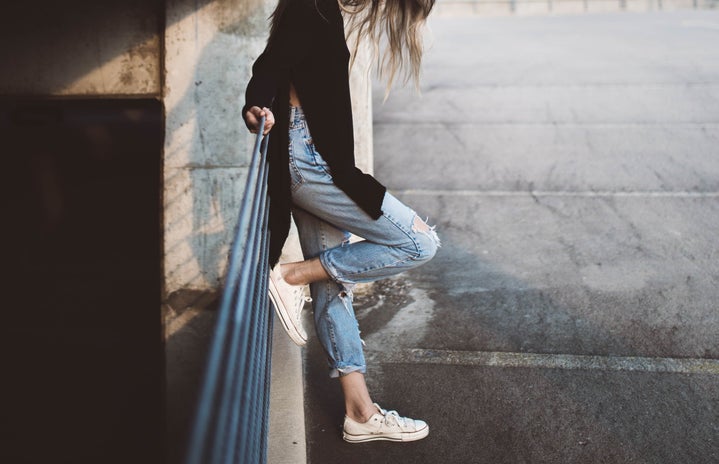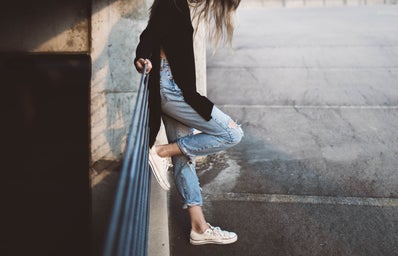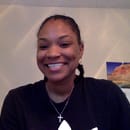Recently, I forged a new friendship with a girl who, much like myself, can relate to the struggle of simultaneously being a person of color and a product of the suburbs. This new friendship has made me realize a myriad of things about myself and the world, most notably how I see myself in it. Growing up in the suburbs of Flower Mound, Texas surrounded by people that didn’t look like me was by no means a bad thing – it was simply the way I grew up. However, I will say that there are indeed underlying psychological forces at work that can make being “other” or different intensely difficult to cope with, and one reason friendships are so crucial.
Thankfully I’m finally at an age where I’m able to reflect on the past with a deeper understanding of things that occurred when I was younger. Having lived in the suburbs for nearly two decades of my life, I never quite had a chance to relish in the pleasure and importance of making close friends with someone that looks like me, until I went to college. I mostly grew up around people that didn’t look like me, so when I walk through campus and see people with skin like mine, with hair like mine around every corner, I’m inspired to say the least.
Living in the suburbs as a black person or a POC, there’s often a greater pressure to conform to be like your white counterparts. Upon meeting someone that could understand this struggle, I realized just how much of myself I kept hidden or tucked away growing up. The best example I can think to give to illustrate this internal strife is hair. Growing up I hated myself, especially my hair. In elementary, middle and high school I made a habit of wearing my hair up in buns, braids and ponytails almost exclusively. My natural curls (and lack of knowledge of how to style them) intimidated me. The other black girls in school would tell me I should get a relaxer or a weave, like them, and I never quite understood why. It was only upon coming to UNT and seeing a flurry of faces and hair textures similar to mine that I started to learn to accept and appreciate the hair I was blessed with. Now to tie this back in to friendship, I will say that in all my 22 years I had never had a friend with hair texture like mine, until I met Nadia. As simple as hair might seem, in a society that seemingly wants you to conform to be like everyone else, it really made my heart happy to meet someone that wore their natural hair, in all its glory, like a crown. Finally, I made a friend that could relate to the perpetual trial of trying to find just the right hair products to make their curls pop.
While Nadia and I have plenty of things in common beyond skin tone, hair texture and stories of adolescence spent in suburbia, it’s these three things that seemed to cement the friendship. I can recall my thoughts from one of the first times that we got together, just chatting and sharing anecdotes about ourselves. As we shared our perspective life stories with one another my life flashed before my eyes: all those years of hating myself, of feeling like I wasn’t good enough suddenly dawned on me, and in the presence of someone who could understand. It has been nice to finally make a friend that I can just be my whole, true self around. The internal conflict of knowing which version of yourself to be, which hat to wear is real. Earl Sweatshirt said it best: too black for the white kids and too white for the black. Though we haven’t been friends for very long, finding someone, a friend, that can relate to this struggle, to the struggles that people of color face every day, has made a world of difference in terms of how I see myself and my place in the world.
The friendships we have growing up, during our most formative and impressionable years, can quite literally change the course of our entire lives. On the outside we may all be fairly similar, but on the inside the internal battles we all face can vary like night and day. For black and brown boys and girls, growing up surrounded by faces that don’t look like theirs, in spaces that weren’t necessarily made for them, the friendships we form and the bonds we make are crucial to understanding our place in the world.



